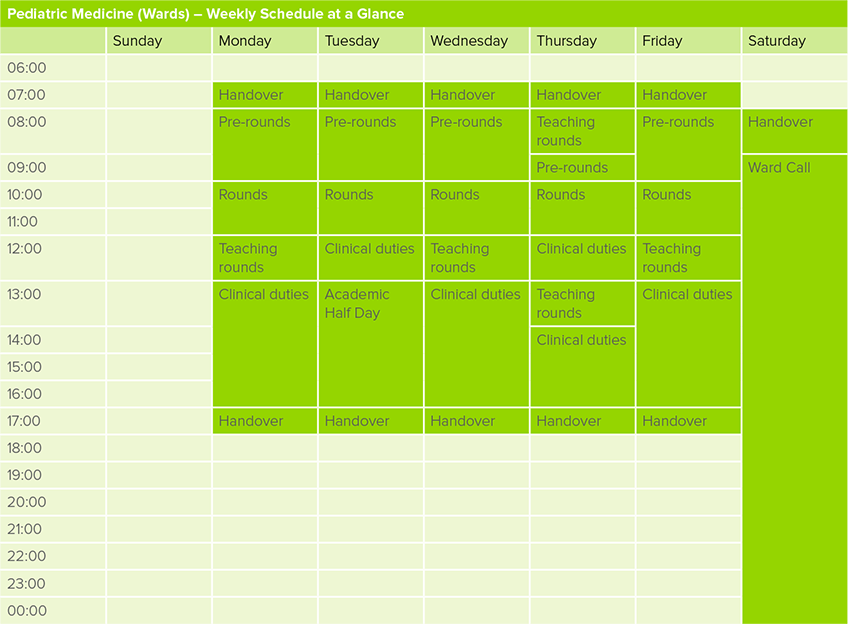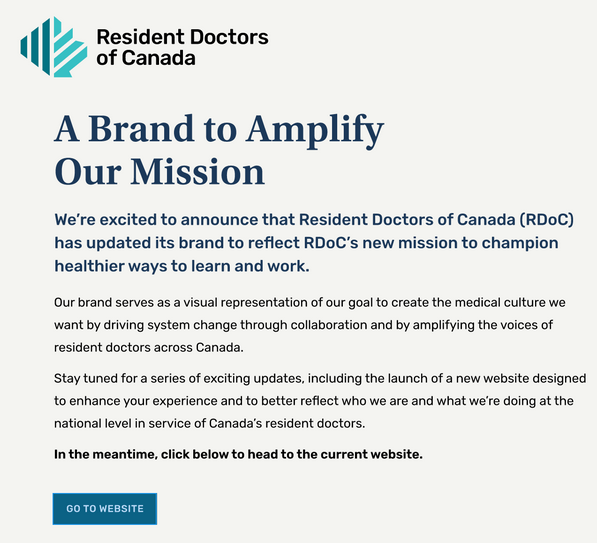PGY-1 Pediatrics – University of Toronto
ResidentPediatrics University of Toronto
November 2015
About Me
Hello! My name is Melanie Bechard and I am a PGY-1 in pediatrics at the University of Toronto.
I come from the community of Georgetown, Ontario. Prior to my undergraduate medical training as part of the inaugural class at the University of Toronto’s Mississauga Academy of Medicine, I completed a bachelor of science (honours) in physiology and psychology at the University of Western Ontario in London, Ontario.
It seems as though I had been preparing for a career in pediatrics without even realizing it. My experiences mentoring youth through the Air Cadet program taught me the rewards of having a positive impact on a young life.
Involvement in child psychiatry and pediatrics research projects throughout medical school reaffirmed my desire to work with young people, and showed me the collegiality of the pediatrics community.
Clinical Life
What does a typical day of clinical duties involve?
Residents in my program spend three months of first year on the pediatric medicine wards at Toronto’s Hospital for Sick Children, which is also known as “SickKids.” Here is a breakdown of a typical day:


What kinds of clinical rotations are required in your program?
According to the Royal College Objectives of Training in Pediatrics, residents “will have had experiences in core general pediatrics and in the various pediatric subspecialties, in both in-patient and ambulatory settings. Core pediatric training must include experiences in acute and ongoing care pediatrics, pediatric emergency medicine, neonatology, developmental, and behavioural pediatrics.”
There are few “off service” rotations in pediatrics. This means that almost all of our rotations are pediatrics or its various subspecialties.
Which of your personality characteristics have been particularly helpful in your field?
Communication and humour! My sense of humour has been immensely helpful for connecting with patients and families in a manner that puts them at ease. We often must develop a strong therapeutic alliance with both the patient and his or her family. And the quality of our physical exam is often entirely dependent on our ability to make young patients comfortable.
Adaptability is really important. The pediatric patient population is quite diverse and there is extraordinary variety in the health issues we encounter. Pediatrics residents work with newborn infants, adolescents, and every age in between. As you can imagine, I alter my tone and word choice significantly depending on whether I’m with a cooing baby, a reticent adolescent, or worried parents.
What are the best aspects of your residency?
Working with our young patients! Their innocence, resiliency, and brutal honesty is a constant source of both inspiration and amusement.

What are the most challenging aspects of your residency?
Several of our SickKids patients have chronic, complex, debilitating illnesses. Despite our best efforts, a measurable benefit in quality of life is not always readily apparent. It is important to celebrate the small victories for these patients.
What is one question you’re often asked about your residency?
I am often asked whether pediatricians practise as primary care physicians or consultants. Some pediatricians do offer primary care, which means that they directly accept and follow patients over a period of months or years without referral from other physicians. However, the majority of pediatricians in Canada practise as consultants, so infants, children, or adolescents are referred by other health care professionals who feel specialized knowledge is needed to manage their illnesses.
Can you describe the transition from clerkship into residency?
The level of responsibility increased quite gradually. Pediatrics residents often work within strong interdisciplinary teams, which helps ease the transition. I would advise new residents to seek relevant clinical pathways or protocols for their rotations to help guide decision-making.
What are your future practice plans?
Pediatrics offers the opportunity to practise in a variety of environments. That could be as a community pediatrician working with underserved rural populations, or as a subspecialist working in a tertiary care centre in a major city. At this early stage in my residency training, I’m still eager to explore the staggering breadth of this specialty.
What are your fellow residents like and how do you interact with each other?
As there are few off-service rotations in pediatrics, our resident team spends a great deal of time together at SickKids. This helps to build a cohesive community.
There are many different personal histories and life stages among our residents. Some are certified in other countries and are retraining in Canada. Some have children of their own. This diversity allows us to learn from one another, both personally and professionally.
Non-Clinical Life
What are your academic interests (e.g. leadership activities, research)?
During my undergraduate medical training, I developed strong interests in medical education and health policy. I currently serve as one of our postgraduate medical education committee representatives and collect feedback from residents to continually improve our program. In addition, I try to influence our health system through roles with the Professional Association of Residents of Ontario (PARO) and RDoC. I look forward to developing a research project that explores the intersection of public policy and child health.
I am also passionate about advocacy and social pediatrics. Our residency program has an extensive advocacy committee. I’ve had the opportunity to circulate petitions to influence provincial all-terrain vehicle (ATV) safety legislation for children, work at our Paediatric Outreach Program (POP) consultation clinic for underserved populations, and deliver substance abuse education sessions at high schools.
What is your work-life balance like, and how do you achieve this?
Running is one of my greatest joys. While I’ve had to adjust to the traffic of downtown Toronto, I find I am usually able to run or visit the gym at least three times per week and I manage to complete a few half marathons each year.
As a relatively new Torontonian, I have been surprised at how I’ve been able to immerse myself in the theatre and culture of the city. I intermittently pursue improvisational acting classes and frequently find myself at plays, operas, and concerts.
Writing non-work items into my agenda – like dinner with friends or working out – makes me more likely to commit and attend. Doodle polls are excellent for scheduling time to meet up with similarly busy friends. It helps that my partner, a final-year medical student, understands the demands of the profession (including the need for post-call naps before any dates!). Most importantly, I’m learning not to feel guilty about sleep. Staying up an extra hour to finish one more article is not worth the decreased energy and productivity.



